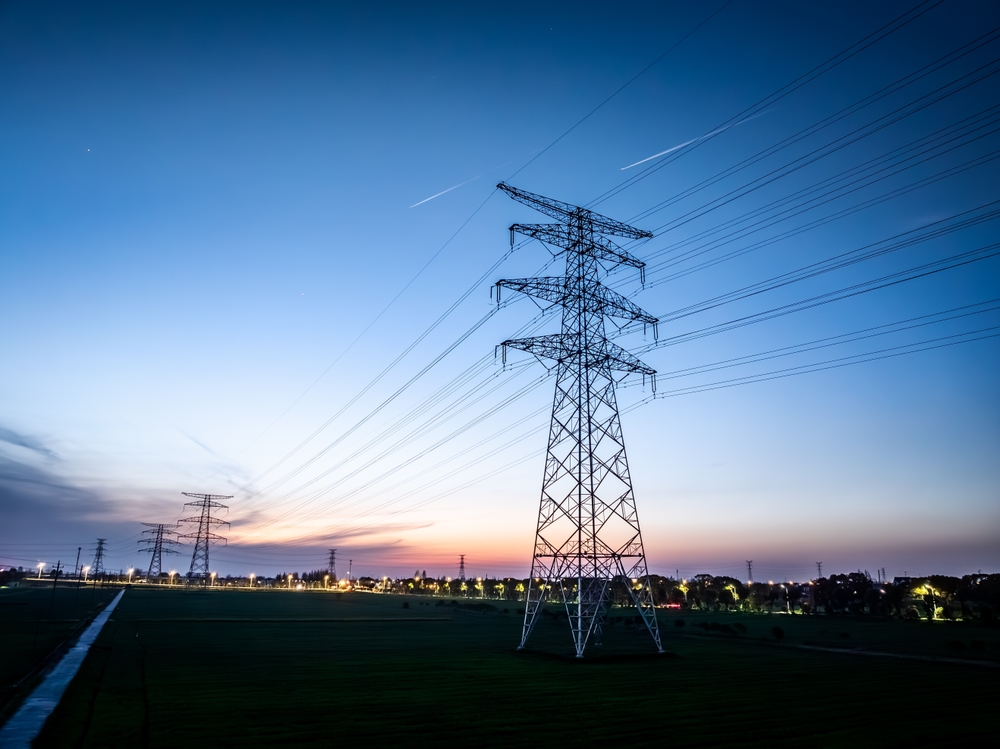As energy markets evolve, consumers are presented with a plethora of choices aimed at meeting their energy needs. Whether for residential or commercial use, selecting the right energy provider can lead to significant savings and environmental benefits. Exploring the options available and understanding the nuances of energy contracts can be daunting, yet incredibly rewarding for those willing to delve into the details.

The Dynamics of Energy Provision
Energy providers play a crucial role in ensuring that the power needs of consumers are met efficiently and cost-effectively. The landscape is composed of numerous suppliers, each offering a variety of plans that may emphasize lower costs, green energy sources, or flexible contract terms. As deregulation in energy markets has advanced, notably in areas like the District of Columbia, Virginia, and Ohio, consumers now have the power to shop around for energy suppliers that best match their needs. Learn more about third-party energy suppliers in the District of Columbia.
Why Consider Switching Your Energy Provider?
With the recent fluctuations in energy prices and the constant push towards sustainable energy, the choice to switch energy providers can be driven by several factors:
- Cost Savings: By switching energy providers, consumers can potentially lower their energy bills significantly. Competitive pricing among providers often results in better deals and promotions for new customers.
- Green Energy Options: Many providers offer plans that source energy from renewable resources such as solar, wind, or hydroelectric power. For environmentally conscious consumers, these plans provide a way to reduce their carbon footprint.
- Flexible Contract Terms: Some suppliers offer plans without long-term commitments, allowing consumers to adapt their energy plans to changing circumstances or find better deals.
Understanding Energy Contracts
Energy contracts can vary significantly among providers, so understanding the key terms and conditions is vital. Here are some aspects to consider:
- Rates: Energy rates can be fixed, meaning they do not change during the term of the contract, or variable, where rates can fluctuate based on market conditions.
- Length of Contract: Contracts can range from month-to-month agreements to multi-year commitments. It's essential to understand the exit terms should you decide to switch providers or plans.
- Promotional Terms: Some providers offer initial discounts or bonuses which may revert to higher rates after a certain period.
- Bundling Services: Some companies allow customers to bundle their energy services with other utilities like internet or cable, potentially offering further savings.
For those looking to compare energy rates, tools are available online. For instance, in Ohio, residents can use resources like this Price to Compare tool to find competitive rates.
Steps to Switching Energy Providers
Switching energy providers may seem like a daunting task, but it can be broken down into several manageable steps:
- Evaluate Current Usage: Review your current energy bill and usage patterns. Understanding how much energy you use and when you use it can help in selecting the best plan.
- Research and Compare: Utilize online resources to compare plans from various providers. Websites such as Orange & Rockland Utilities provide tips on choosing an energy service company (ESCO).
- Select a Provider and Plan: Choose a provider and a plan that meets your financial and environmental considerations.
- Understand the Contract: Before making a commitment, thoroughly understand the contract terms, focusing on rates, duration, and any potential fees.
- Notify Your Current Provider: Once a new provider is selected, inform your current provider about the switch. Ensure there are no pending issues that might complicate the process.
- Monitor Your Bill: After the switch, monitor your energy bill closely to confirm that the rates and terms agreed upon are being applied.
Regulatory Aspects and Consumer Rights
Energy markets are regulated to protect consumers and ensure fair practices. Understanding your rights as a consumer can empower you to make informed decisions. Agencies like the Virginia State Corporation Commission offer insights into selecting energy suppliers and understanding your rights and obligations. For more information, you can visit the Virginia SCC's energy supplier guide.
Choosing the Best Energy Supplier
The best energy supplier for one person might not be the best for another, as individual needs and priorities differ. Some people prioritize cost savings, while others might prioritize environmental impact or contract flexibility. An insightful blog post by Bluetti Power delves into the topic of finding the cheapest energy supplier in the U.S. by state, which can be a useful starting point in your research. View the article here.
Conclusion
Switching your energy provider is no longer just a mundane decision, but a strategic move towards financial optimization and environmental responsibility. By carefully considering your options and understanding the intricacies of energy contracts, you can potentially unlock substantial savings and contribute to a sustainable future. Whether you are motivated by the prospect of cheaper energy bills or the allure of greener lifestyle choices, the world of energy providers offers solutions tailored to your unique preferences and needs.




